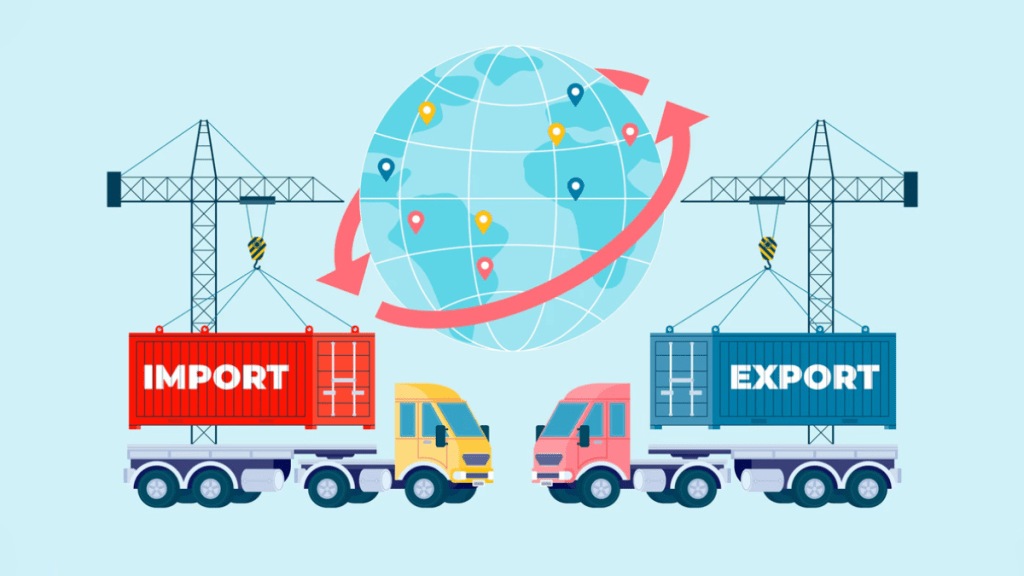By. Dr. Santanu Sarkar
With global supply chain leaders exploring new territories to diversify their supply chain locations, the government in India is intensifying its efforts to realise its ambitious plan of transforming the country into a global export hub, aiming to offer the world an alternative global supply chain destination. However, one of the imminent challenges facing the government is establishing governance through public regulations that promote acceptable working conditions and environmental protection within the globalised supply chain. Regardless of being host to a buyer/supplier-driven supply chain, real-world trade realities will induce the source country, India, to reveal its supply chain due diligence information on labour standards.
International regulators will keep the source firms/country under surveillance to detect if anywhere in the supply chain, labour interests are being compromised and harmed. So, let us look into ground realities, considering existing regulatory mechanisms to ensure supply chain governance in India and find out to what extent these mechanisms exceed the standards set by private regulation by large Indian corporations of their supply chains which have had minimal impact in mitigating harm to labour and environment.
There are two sides to the current situation. On the one hand, India has state-level laws to regulate working conditions, wages, social security, employment, taxation, import and export, competition, contract, and liability, which are hindered by varying local jurisdictions. On the other hand, certain large Indian corporations operating across diversified sectors, spanning from garments to mining and manufacturing, have evolved with corporate codes of conduct (CoC) that govern their business practices, including those within their supply chains.
However, none of the two is sustainable considering the scale of export that India will witness where disclosing labour practices of every entity in the supply chain will become mandatory under international laws in buying countries. Therefore, the key to reconciling is only found through state intervention in the form of public regulation to govern supply chains. While European countries have put into action specific public regulations and directives to govern labour standards in global supply chains, the Indian government is not on equal footing.
While supply chain governance in India has been transformed over the years, the foundation has focused primarily on establishing a compliance system rather than transitioning to a more comprehensive public regulatory framework capable of addressing anti-labour practices within supply chains. The current supply chain due diligence regulations, as a form of corporate governance consisting of private, firm-specific CoC, must be revised though certain corporations have engaged with global voluntary agencies such as global union federations (GUFs). GUFs, such as the International Textile, Garment and Leather Workers’ Federation (ITGLWF), now part of IndustriALL, have defined policy on cross-border dialogue within sectors, actively convening trade union representatives in India.
Some of these corporations have also pursued global framework agreements (GFAs), engaged in social dialogue, and adopted CoC to promote a set of labour standards, including disclosing supplier locations. Still, GUFs’ goal to externally monitor the supply chains by organising workers along them, especially in quasi-formal sectors (e.g., textiles) which is unrealistic, given that buyer-driven supply chains are complex systems of multiple layers of outsourced production networks. Without centralised public regulations like those we have seen in Germany, this will become a far more complicated landscape. Likewise, for GUFs to achieve social dialogue across borders is far-fetched if the source country, India, does not support the process with its public regulation.
Similarly, achieving satisfactory global social compliance through GFAs is only possible in India if a state regulatory framework exists. Consider the apparel commodity chain, which encompasses raw materials, components, production, export, and marketing networks. Here, the responsibility for due diligence through public regulations should rest with the source firms. For example, in Germany, under the Supply Chain Due Diligence Act, firms are responsible for identifying and taking appropriate action. So, there has to be public regulation to reduce the risks they face in supply chains, notwithstanding the country where they source raw materials. Most of these regulations can hear complaints filed against European firms and firms that have significant operations in these countries to cross the applicability threshold, implying the applicability of these regulations is more global than it may seem.
To summarise, if India has to realise its dream of emerging in the worldwide supply chain space, it has to enforce a specific public regulation on supply chain due diligence, a national law for the global value chain economy.
The author is affiliated with XLRI Jamshedpur.
This article represents the views of the contributor and does not necessarily reflect the opinions or endorsement of FinancialExpress.com. The publication is not responsible for the accuracy, completeness, or validity of any information presented. FinancialExpress.com shall not be held liable for any legal implications or consequences arising from the content of this article.

